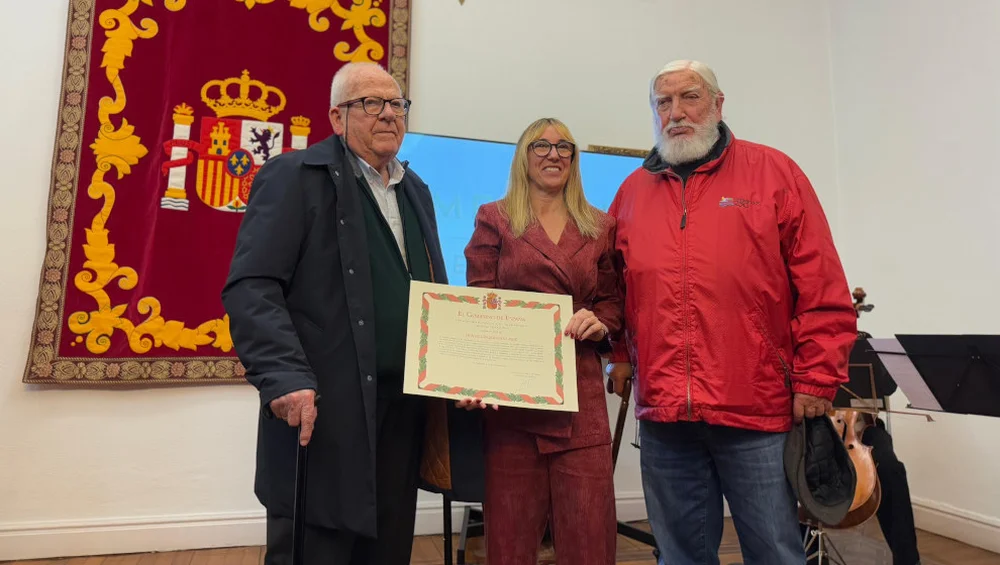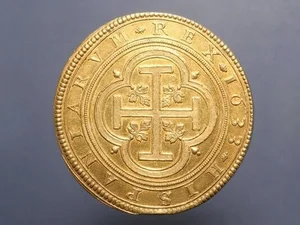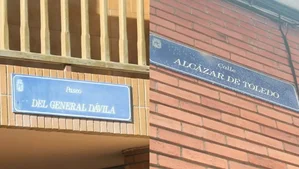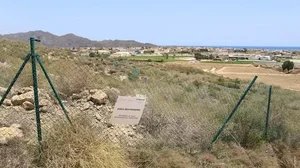Spanish State Recognizes Julián Quintana Ruiz as Victim of Francoist Repression

In a significant move towards acknowledging and rectifying the injustices of the past, the Spanish state has officially recognized Julián Quintana Ruiz as a victim of Francoist repression. This recognition comes after a long and arduous process, highlighting the ongoing efforts to address the legacy of the Franco regime.
Background and Repression
Julián Quintana Ruiz was a victim of the brutal repression that characterized the Francoist era in Spain. During this period, thousands of individuals were subjected to various forms of persecution, including imprisonment, torture, and execution, for their political beliefs or opposition to the regime.
The Illegitimate Tribunal
The state has also declared the tribunal that condemned Julián Quintana Ruiz to be illegal and illegitimate. This tribunal was part of the repressive apparatus of the Franco regime, notorious for its lack of due process and its role in silencing dissent through fear and violence.
Recognition and Reparation
The recognition of Julián Quintana Ruiz as a victim is a step towards providing justice and reparation to those who suffered under the Franco regime. This move is part of a broader national effort to confront the dark history of Spain and to honor the memory of those who were persecuted.
Historical Context
The Francoist regime, which ruled Spain from 1939 until Franco's death in 1975, was marked by severe repression, particularly during the early years following the Spanish Civil War. The regime targeted a wide range of individuals, including political activists, trade unionists, intellectuals, and anyone perceived as a threat to the authoritarian government[2].
Current Implications
This recognition is significant not only for the family and descendants of Julián Quintana Ruiz but also for the broader Spanish society. It underscores the country's commitment to transitional justice and the importance of acknowledging and learning from its past. The move is seen as a way to heal historical wounds and to ensure that such atrocities are never repeated.
Ongoing Efforts
Spain continues to grapple with its complex history, with various initiatives aimed at uncovering the truth about the Francoist era and providing justice to its victims. This includes the exhumation of mass graves, the investigation of human rights abuses, and the provision of reparations to victims and their families.
The recognition of Julián Quintana Ruiz as a victim of Francoist repression is a poignant reminder of the importance of historical accountability and the ongoing struggle for justice and reconciliation in Spain.
Related Stories

Rare Spanish Coin from 1609 Fetches Millions at Auction
A rare Spanish coin from 1609, minted during Philip III's reign, sold for millions at auction, highlighting its numismatic and historical significance.

Santander Confronts Its Past: Rise in Franco-Era Street Names Sparks Controversy
Santander faces controversy as Franco-era street names double, sparking debate on the city's historical legacy and calls for change.

The Sweltering Heat of Pre-Industrial Era Peru: A Tale of Spanish Conquest and Colonial Legacy
Exploring the Spanish conquest of Peru, this piece delves into the transformative era's impact on indigenous populations, the rise of Lima, and the enduring colonial legacy.

Palomares Awaits Cleanup 59 Years After Nuclear Accident
59 years on, Palomares still faces the shadow of a Cold War nuclear accident, with ongoing environmental and health concerns yet to be fully addressed.

The Tragic Story of 2,000 Kidnapped Sephardic Jewish Children: A Historical Reflection for Expats in Spain
A new documentary sheds light on the tragic tale of 2,000 Sephardic Jewish children kidnapped in the 15th century, a poignant chapter for expats in Spain to reflect on.